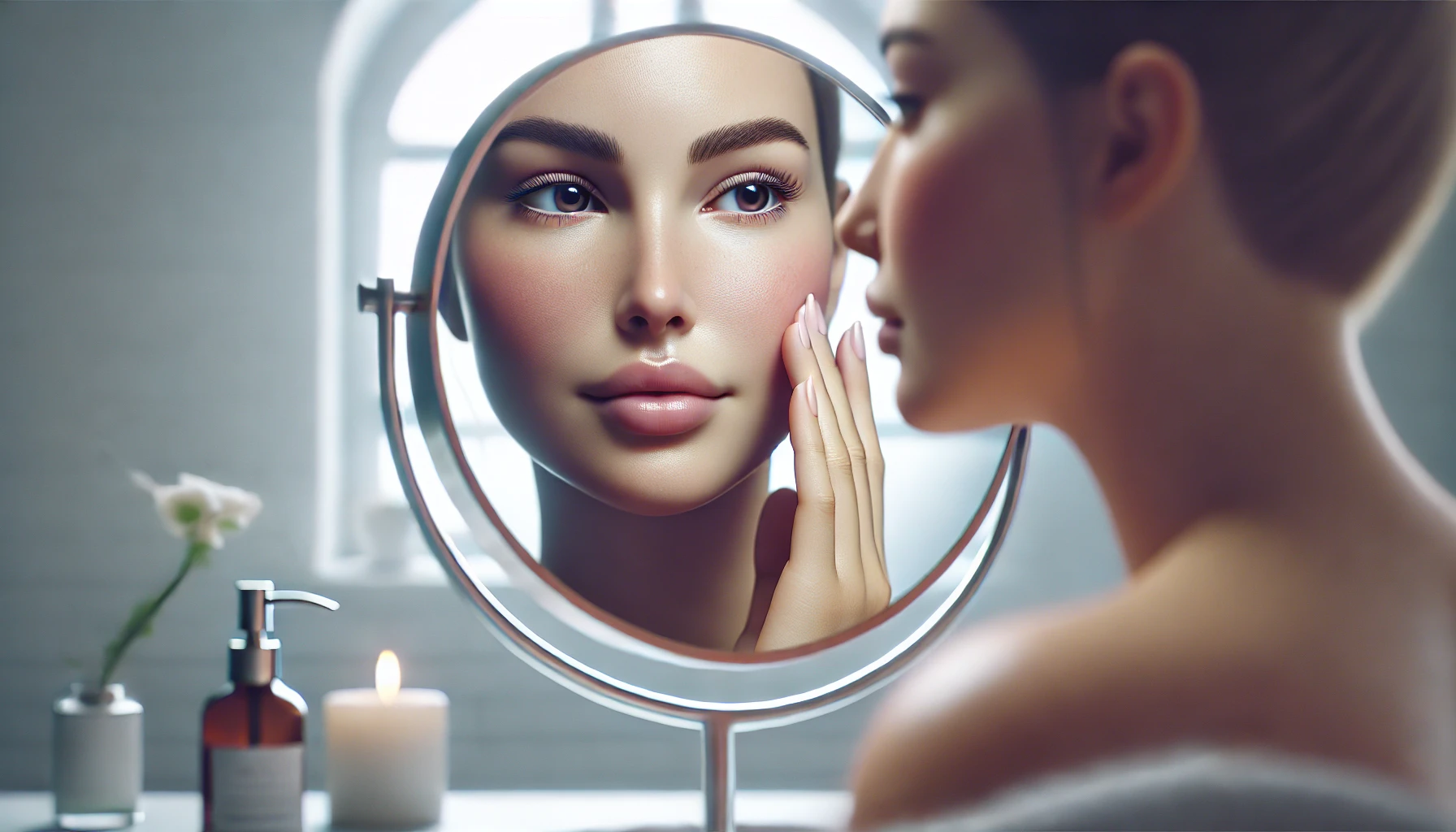This post was written with Consensus AI Academic Search Engine – please read our Disclaimer at the end of this article. Moon facies, characterized by a rounded, puffy face, is a common symptom associated with various medical conditions. This article explores the symptoms and underlying causes of moon facies, drawing on recent research findings.
Symptoms of Moon Facies
Moon facies is primarily identified by the distinctive roundness and fullness of the face. This symptom can be accompanied by other physical and psychological manifestations depending on the underlying condition.
Physical Symptoms
- Facial Swelling: The most prominent feature of moon facies is the noticeable swelling and roundness of the face.
- Weight Gain: Often, individuals with moon facies experience overall weight gain, particularly in the upper body.
- Skin Changes: The skin may appear thinner and more fragile, with a tendency to bruise easily.
Psychological Symptoms
- Mood Changes: Patients may experience significant mood swings, including depression and anxiety. For instance, a study on a mobile application for monitoring mood in pregnant women highlighted the importance of addressing mental health in patients with physical symptoms like moon facies1.
- Sleep Disturbances: Insomnia and poor sleep quality are common among individuals with moon facies, as evidenced by research on digital cognitive behavioral therapy for insomnia in pregnant women2.
Causes of Moon Facies
Moon facies can result from various medical conditions and treatments, most notably those involving hormonal imbalances and prolonged medication use.
Hormonal Imbalances
- Cushing’s Syndrome: This condition, caused by prolonged exposure to high levels of cortisol, is a primary cause of moon facies. The excess cortisol leads to fat redistribution, resulting in the characteristic facial roundness.
- Hypothyroidism: An underactive thyroid can also contribute to the development of moon facies due to fluid retention and weight gain.
Medication-Induced
- Steroid Use: Long-term use of corticosteroids, often prescribed for inflammatory conditions, can lead to moon facies. The steroids cause fat to accumulate in the face and upper body.
- Antidepressants: Certain medications used to treat depression and other mood disorders can cause weight gain and fluid retention, contributing to moon facies. The study on the use of a mood tracking app in pregnant women with depression underscores the need for careful management of medication side effects1.
Conclusion
Moon facies is a multifaceted symptom with both physical and psychological dimensions. Understanding its causes, from hormonal imbalances to medication side effects, is crucial for effective management and treatment. Ongoing research continues to shed light on the complexities of this condition, emphasizing the importance of a holistic approach to patient care.
Disclaimer
The content presented in this blog is generated by Consensus, an AI-powered academic search engine, and is based on publicly available scientific literature. While every effort is made to provide accurate, up-to-date, and well-researched information, the content is intended for informational and educational purposes only. It does not constitute medical advice, diagnosis, or treatment. Always consult a qualified healthcare professional before making any decisions regarding medical conditions, treatments, or medications. The AI system’s analysis may not cover all perspectives, emerging research, or individual cases, and it is not a substitute for professional expertise. Neither the blog publisher nor the developers of the AI-powered search engine are responsible for any actions taken based on the information provided in this content. Use of this information is at your own risk. Citations to the original scientific studies are included for reference, but these studies should be reviewed in full and interpreted with the guidance of a healthcare or research professional.
If you are experiencing a medical emergency, please seek immediate attention from a healthcare provider.
